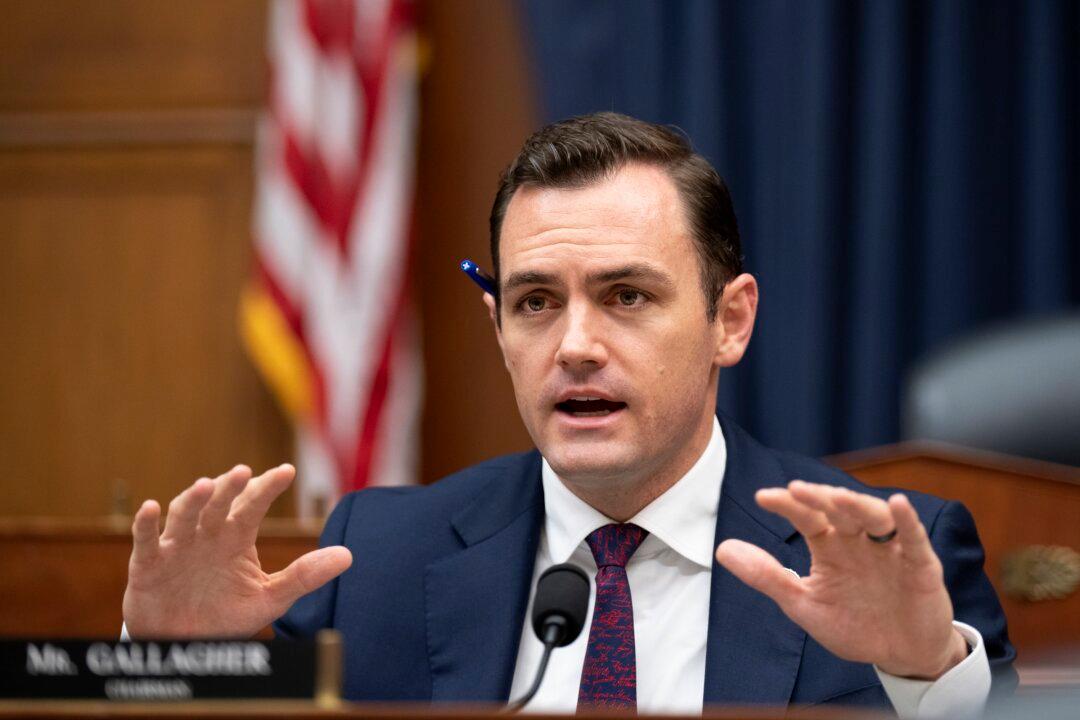The House Select Committee on the Chinese Communist Party (CCP) has urged the treasury secretary to implement President Joe Biden’s executive order on outbound U.S. investment restrictions in key technology areas in China.
In a letter dated Oct. 30 to Treasury Secretary Janet Yellen, Reps. Mike Gallagher (R-Wis.), and Raja Krishnamoorthi (D-Ill.), made a number of recommendations needed to prevent American capital from flowing into restricted Chinese firms.




